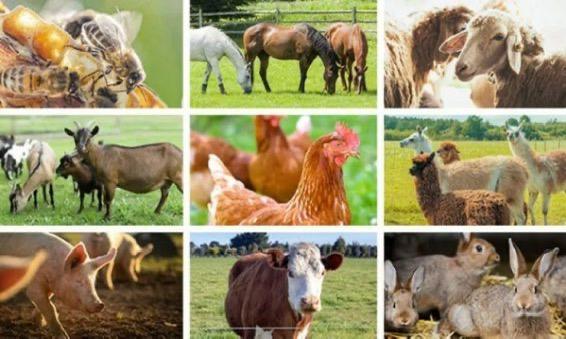
The Federal Government has unveiled the National Livestock Growth and Advancement Strategy (NL-GAS), a two-phased 10-year roadmap designed to reposition Nigeria’s livestock sector as a central pillar of food security, job creation, and economic diversification.
The initiative, formally presented by the Minister of Livestock Development, Alhaji Idi Mukhtar Maiha, during the Economic Management Team (EMT) meeting in Abuja, sets out an ambitious target to double the national herd size and expand sectoral output by at least 100 per cent by 2035.
Maiha explained that the programme would be implemented through a blend of public–private partnerships, research-driven reforms, and modernisation of grazing and breeding practices. He stressed that livestock development must shift from subsistence operations to structured agribusiness models capable of boosting rural incomes and reducing Nigeria’s reliance on costly food imports.
Speaking at the event, the Minister of Finance and Coordinating Minister of the Economy, Mr. Wale Edun, described the livestock strategy as consistent with President Bola Tinubu’s broader economic reform agenda.
“Initiatives such as NL-GAS align with our reform plan and demonstrate government’s commitment to attracting investment, enhancing food security, and building a sustainable, private-sector-led livestock economy,” Edun said.
*Key Components of NL-GAS*
The strategy revolves around:
• Expansion of herd size: Targeting a 100% increase in national herd population by 2035.
• Upgrading of grazing reserves: Over 417 existing grazing reserves nationwide are to be converted into modern livestock villages with water points, veterinary facilities, and feedlots.
• Protein sufficiency drive: Experts note that the strategy directly addresses Nigeria’s long-standing protein deficit, which has worsened malnutrition indices.
• Skills and training: The government plans to scale up livestock extension services and private-sector training programmes to professionalise the sector.
• Private investment incentives: Tax incentives, concessional financing, and infrastructure support will be provided to investors in feed, dairy, meat processing, and logistics.
*Economic Context*
The launch coincided with a broader review of Nigeria’s economic performance by the EMT. Officials highlighted positive indicators:
• Inflation has reportedly eased for the fifth consecutive month, standing at 20%.
• GDP growth remains above 3%.
• Nigeria recorded a ₦7.4 trillion merchandise trade surplus in Q2 2025, driven by stronger exports.
According to the EMT, these gains reflect the impact of a competitive exchange rate regime and disciplined economic reforms introduced over the past year.
*Broader Outlook*
Analysts say if fully implemented, NL-GAS could transform livestock farming into a multi-trillion-naira sector, generate thousands of jobs, and ease tensions around food affordability and rural development.
The federal government maintains that while the plan is long-term, its first phase will roll out immediately, focusing on securing grazing corridors, revamping veterinary services, and initiating pilot livestock villages in key states.
